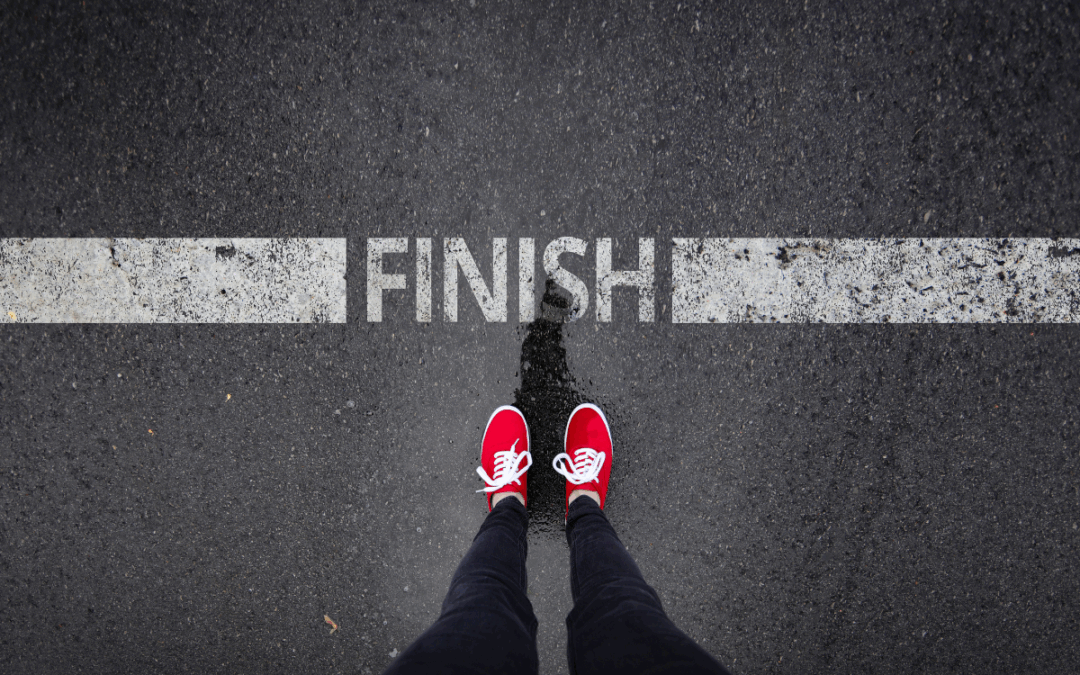An Op Ed by ORA Director of Outreach, Amber Parrow
I could start off this with the anecdote about kids these days all getting participation trophies. Sure, that can be a problem when there is no longer the recognition for merit, hard work and talent, but this is not that article. No, I want to address those of us who are wound up pretty tight and love to compete. Now I may not strike you as competitive, but I can be. However, it is what I would call a healthy and strategic relationship with competition, something that has come with age and doing a bunch of really hard things.
There’s Two Types of Competition
You see this at different levels throughout sports and different types of competitions, but you can compete at a team level, an individual level, and sometimes both happen simultaneously. The secret is to focus on competition with yourself and how you are showing up and supporting your team. I find that only focusing on competition with yourself is the most healthy form of competition because it pushes you to do, learn, and achieve more. That push benefits you in being more active, more involved, more educated, etc. As stated by American painter and poet, Washington Alston, “The only competition worthy of a wise man is with himself.”
Competition Brings Value to Life
Being involved in competitions, as I’ve read and heard from competitors, and by competing with myself in different sports, is that there are so many benefits. First, for competitive shooting, this is a way to train and sharpen skills. In reading the stories of James White, marksmanship is critical for those in military or law enforcement as it keeps them, and those around them safe when they are more prepared and skilled in the use of their pistols and rifles.
There are other benefits to competition in general. Showing up is underrated. That is discipline, and when showing up means early mornings, bad weather, and schedule conflicts, that is building commitment and reliability. Then there is practice itself, doing something over and over. The repetition is necessary because learning a skill like shooting involves eyes, brain, and hands, and those all need that repetition to coordinate and build muscle memory. That’s why practice means resilience and pushing through even when it gets boring.
The value of these soft skills translates to many areas of life, so again, competition isn’t only something to be done to collect trophies, but it is a lifestyle that can impact other areas of life because it makes you a more reliable, disciplined, and resilient person who shows up when it counts.
When Competition isn’t Healthy
Competition, in healthy bounds, is a wonderful thing. It pushes us when we may not realize the full extent of our capabilities. Even competition with others, within reason, gives us that motivation to up our performance, focus, and also encourages others to do the very same. However, competition can be addictive and has a shadow side to it. This is where competition must be built on a foundation of values, ethics, and integrity. If competition with others causes us to do or say harm, then we have crossed a line.
Another shadow side of competition is the obsession of it. If all we are focused on is one-upmanship, then we no longer have a healthy relationship and it robs us of any joy and value of the sporting process. That shadow side isn’t only in team sports, individual competition can also become obsessive, and that is seen when competition takes priority over other important parts of life.
Competition Requires Discretion
This brings me to the point of discretion. Competition means knowing those boundaries of healthy and unhealthy competition. That discretion also extends to knowing when you should be competing and when you shouldn’t. Does competition fit in your life, plans, and goals at the moment? Or is there a moment you simply need to step aside and help someone else? I had a moment at a 5k where I could’ve done my thing, but someone needed assistance and motivation to help them cross the finish line- for the very first time! Discretion told me this was not a time to compete or even participate for myself, but instead to coach.
Competition Means Knowing How to Lose
One part of competition that can be very difficult for the high achiever is when you don’t achieve highly. I had a pretty lofty goal with one multi-year achievement I was working on, but life got in the way and even though I met my goal and did it with excellence, it wasn’t with the additional set of awards that I originally hoped for. Then, there are times I am out there trying new things and I know will never be a contender (ie: running). In fact I have come in last at a race. Not really something to brag about, except that this is where I have learned to have a healthy, even strategic, relationship with competition.
Being Strategic with Competition is Winning with Competition
The point to all this is in understanding all the ins-and-outs of competition, we view the matches taking place at our clubs a lot differently. It’s not just another hobby or obsession- it’s not this annoying thing we have to get up for on a Saturday instead of sleeping in… it’s an underrated value that honestly we aren’t talking about enough. Competitions bring value to our life and when we understand this and look at it as a life strategy, maybe will learn a new skill, get out of bed on a Saturday instead of sleep in, or even bring a friend. This is what happened when I learned the secret sauce of competition in my life- of competition with myself and becoming a more resilient, determined, and a strategic person.
So go out, find a competition, and find that you’ll be winning more than just a match.



